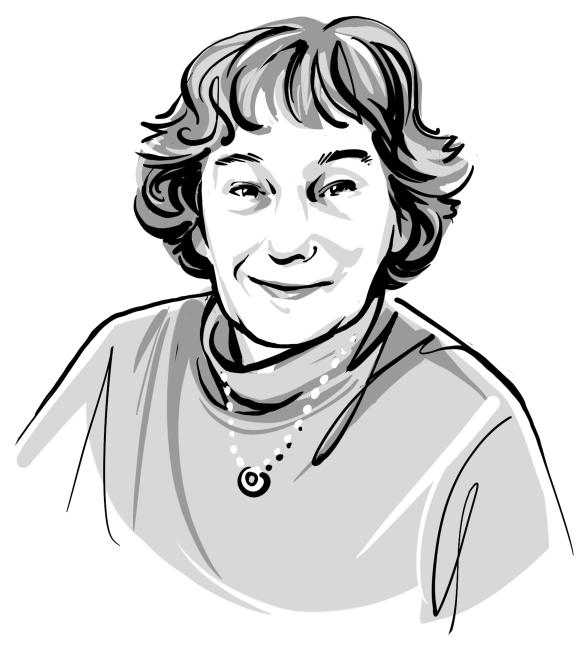Vivian Segerman-Guze
“Leaving the money in honor of her father, her mother, her brother, and her husband was her dying wish.”

Doctor Vivian Segerman Guze, who died last year at the grand age of ninety-six, cherished a lifelong attachment to Yiddish. With her youngerbrother she grew up in a Yiddish-speaking home in the Bronx and attended a Yiddish shule. Her Polish-born father, Harry Segerman was a sheet metal sculptor who enjoyed putting Yiddish poems to music. Though he never committed his scores to paper, his tunes lived on in his daughter’s memory. Even later in life, she could still sing them.
Like her mother, a committed socialist, Vivian had a keenly developed empathy, making psychotherapy a natural career choice. While studying for her PhD in psychology, she met her husband, the fellow psychologist Dr. Henry Guze. Sadly, Henry died in 1970 at age fifty-one. For the next half century, Vivian lived in their large house in Verona, New Jersey, where the couple’s enormous book collection lined the walls of each room.
Vivian’s father-in-law was the Yiddish writer and poet Judah Guze-Rivkin, several of whose books have been digitized by the Center. A few years before she died Vivian donated some of Guze-Rivkin’s effects to the Center, including his Yiddish dictionary and typewriter. Delighted that Yiddish heritage was being safeguarded for future generations, she also sponsored a forthcoming Pakn Treger translation anthology.
Almost to her last days, Vivian worked as a therapist. Maxine Weiner, her longtime friend, financial advisor, and executor, says that Vivian exemplified aging well, possessing “marbles, mobility, and money!”
Above all, Maxine says, “she was progressive, and she cared about people.” To that end, Vivian made provisions in her will for several charitable causes, with the Center receiving her most generous bequest. “Leaving the money in honor of her father, her mother, her brother, and her husband was her dying wish.” For this remarkable woman, helping to protect and celebrate Yiddish culture was both a meaningful legacy and a fitting tribute to those she loved.
For information on how you can establish an endowed fund or support the Yiddish Book Center in other ways, please contact Zvi Jankelowitz at [email protected] or 413-256-4900, ext. 117.
From Kvel, the development newsletter of the Yiddish Book Center (Fall 2021)
